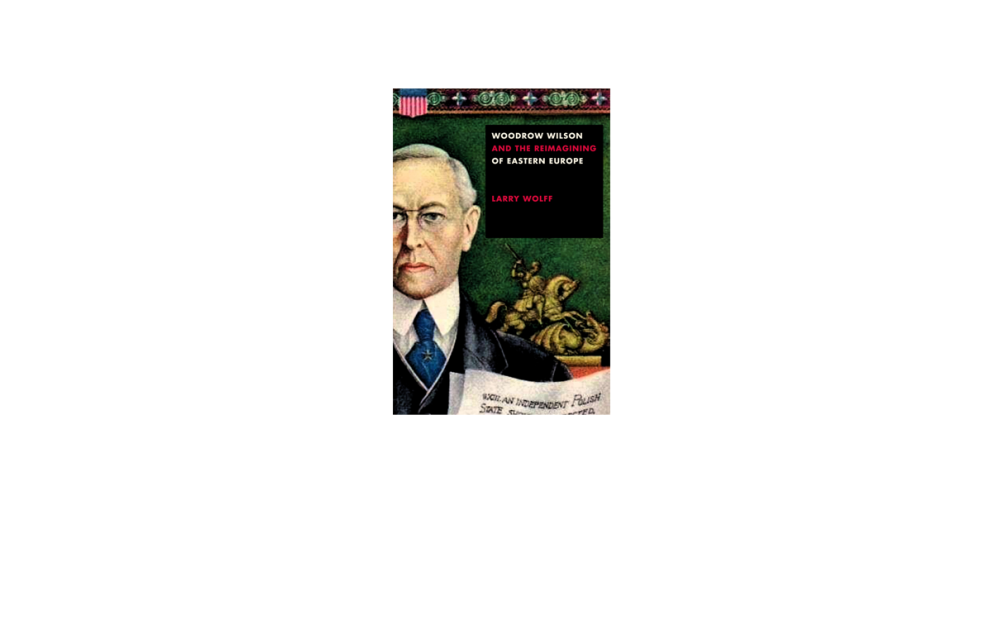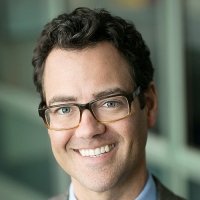Woodrow Wilson and the Reimagining of Eastern Europe

Click here to register for the webinar. Space in the Zoom webinar is available on a first-come first-serve basis and fills up very quickly.
This lecture considers Woodrow Wilson’s perspective on Eastern Europe during World War One and at the Paris Peace Conference, and how that perspective developed. Since Wilson never visited Eastern Europe— and barely thought about it before America went to war in 1917— it was his quickly cultivated intellectual and idiosyncratic conception of the region that ultimately shaped the geopolitical decisions taken at the peace conference. This then will be a lecture about the relation between "mental mapping" and the geopolitical mapping of the peace settlement. The lecture will consider the problem of Wilson's engagement in relation to the general study of Eastern Europe in the United States, and will also consider how his perspective on Eastern Europe might reflect on some of the recent discussion concerning Wilson and issues of race in America.
Larry Wolff is the Julius Silver Professor of European History at NYU, the executive director of the NYU Remarque Institute, and the co-director of NYU Florence at Villa La Pietra. His books include Inventing Eastern Europe: The Map of Civilization on the Mind of the Enlightenment (1994), Venice and the Slavs: The Discovery of Dalmatia in the Age of Enlightenment (2001), The Idea of Galicia: History and Fantasy in Habsburg Political Culture (Stanford 2010), and The Singing Turk: Ottoman Power and Operatic Emotions on the European Stage (2016). His new book is Woodrow Wilson and the Reimagining of Eastern Europe (2020). He writes regularly about opera, and is a member of the American Academy of Arts and Sciences.
The Washington History Seminar is co-chaired by Eric Arnesen (George Washington University and the National History Center) and Christian Ostermann (Woodrow Wilson Center) and is organized jointly by the National History Center of the American Historical Association and the Woodrow Wilson Center's History and Public Policy Program. It meets weekly during the academic year. The seminar thanks its anonymous individual donors and institutional partners (the George Washington University History Department and the Lepage Center for History in the Public Interest) for their continued support.
Speaker

Moderator

Director of Strategic Partnerships, Minnesota Humanities Center
Panelists


Hosted By

History and Public Policy Program
A leader in making key foreign policy records accessible and fostering informed scholarship, analysis, and discussion on international affairs, past and present. Read more
